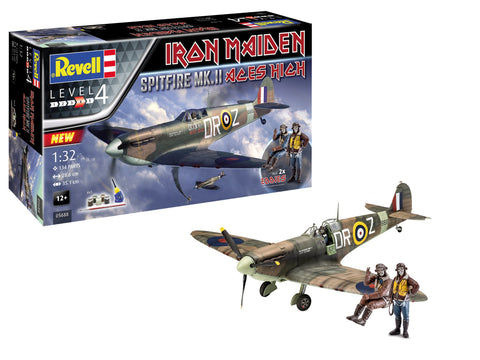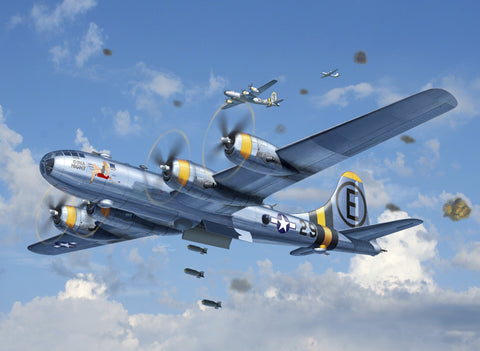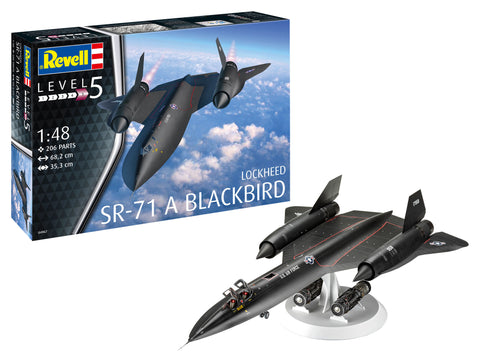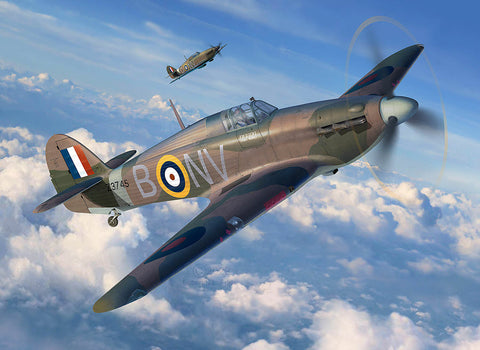The Phantom has earned itself a legendary reputation as the workhorse of the western air forces. The two-seat interceptor is one of the most versatile and powerful aircraft of the last 40 years. The Phantom was used in 11 countries and achieved numerous world records. The F-4F version entered service with the German Air Force in 1974 which put 185 aircraft to use in the roles of interceptor and fighter bomber.
WTD 61 operates out of the airfield at Ingolstadt-Manching where it has a fleet of fully instrumented flying test aircraft as well as measuring equipment and test rigs. The range of tasks undertaken by WTD 61 covers the entire spectrum of military aviation technology throughout all phases of development and includes the use of ordnance. With the introduction of the F-4F weapon system into the German Air Force in 1974, the former test site E 61 in Manching initially received two of these aircraft for test flying to gather performance data and to expand the range of conventional armaments in the air-to-ground role. With the ramping up of the Combat Improved F-4F at the end of the 80s, the F-4F with the tactical markings 38+13 was transferred from the then JaBoG 36 at Rheine as prototype test-bed to Manching.
The very last flight of a German F-4F was undertaken at Manching airbase by 38+13 on 30.07.2013 with 4801 total flight hours in this uniquely successful custom livery with Lt. Col. Ritter and Lt. Col. Geisse as the crew.
Features:
WTD 61 operates out of the airfield at Ingolstadt-Manching where it has a fleet of fully instrumented flying test aircraft as well as measuring equipment and test rigs. The range of tasks undertaken by WTD 61 covers the entire spectrum of military aviation technology throughout all phases of development and includes the use of ordnance. With the introduction of the F-4F weapon system into the German Air Force in 1974, the former test site E 61 in Manching initially received two of these aircraft for test flying to gather performance data and to expand the range of conventional armaments in the air-to-ground role. With the ramping up of the Combat Improved F-4F at the end of the 80s, the F-4F with the tactical markings 38+13 was transferred from the then JaBoG 36 at Rheine as prototype test-bed to Manching.
The very last flight of a German F-4F was undertaken at Manching airbase by 38+13 on 30.07.2013 with 4801 total flight hours in this uniquely successful custom livery with Lt. Col. Ritter and Lt. Col. Geisse as the crew.
Features:
- Detailed surfaces with recessed panel joints
- F-4F nose with nose-cannon
- Detailed radar unit
- Detailed cockpit for both pilot and combat observer
- Detailed ejection set
- Faithfully reproduced instrument panel
- Detailed tail and rudder
- Detailed undercarriage with tires in the standing position
- A choice of extended or retracted undercarriage positions
- A choice of extended or retracted air-brakes
- External load pylons
- Central fuselage tank
- Two wing tanks
- Four AIM-7 Sidewinder guided missiles
- Four AIM-120 guided missiles
- An ECM Pod
- Super decal set with all flashes and a complete set of markings for the unique livery of F-4F Phantom II 38+13 Final Flight WTD-61 Flight Test, Manching 30 July 2013








